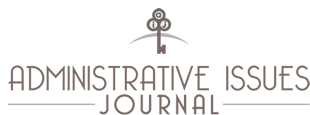
Abstract
The aims of this study were to describe current policy practice related to the use of the HESI™ Exit Exam in schools of nursing and to determine which policies result in higher HESI Exit Scores. Deans and directors of nursing schools that administered Elsevier HESI Exit Exam to students during the 2010 academic year were queried. Data were collected regarding students’ HESI Exit Exam results, national nursing licensure examination outcomes, and the schools’ standardized testing policies. A stratified random sample of schools and a total of 5438 student records were obtained, 3084 from Associate Degree (AD) and 2354 from Baccalaureate Degree (BD) programs. NCLEX®-RN outcomes were known for all but 316 (5.8%) students. Four standardized exam policy components were related to higher HESI Exit Exam scores. The study confirmed the robust predictive accuracy of the HESI Exit Exam. A national United States sample of BD and AD nursing programs has demonstrated that standardized end of program assessment results are related to faculty implementation strategies and certain policy components. Evidence-based policy strategies should be evaluated longitudinally to support policy decisions.
Recommended Citation
Barton, Lisette; Willson, Pamela; Langford, Rae; and Schreiner, Barbara
(2014)
"STANDARDIZED PREDICTIVE TESTING: PRACTICES, POLICIES, AND OUTCOMES,"
Administrative Issues Journal: Vol. 4:
Iss.
2, Article 9.
Available at:
https://dc.swosu.edu/aij/vol4/iss2/9
Included in
Health and Medical Administration Commons, Higher Education Administration Commons, Public Administration Commons
Please consider contributing an article to Administrative Issues Journal, our submission policy: http://www.swosu.edu/academics/aij/guidelines.aspx
